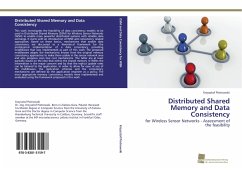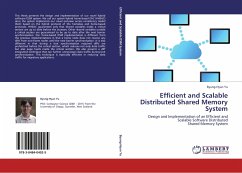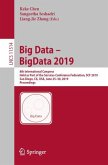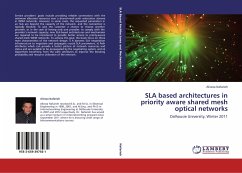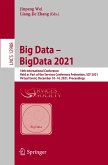This work investigates the feasibility of data consistency models to be used in Distributed Shared Memory (DSM) for Wireless Sensor Networks (WSN) to enable more powerful distributed systems with reliable data exchange. It starts with an introduction of WSN and consistency related approaches. Based on these basics, mechanisms that enable data consistency are discussed as a theoretical framework for the prototypical implementation of a data consistency providing middleware that was implemented as part of this work. The proposed middleware adapts the mechanisms known from the original memory consistency approaches to make them usable in the sensor network area and also proposes own low cost mechanisms. The latter are at least partially based on the idea that within the shared memory in WSNs the information is the major concern and by that the replica update rates can be tailored to the application. In order to allow for ease of use of the middleware, the replication schemes and theconsistency mechanisms are defined by the application engineer as a policy. The most appropriate memory consistency models were implemented and evaluated using the framework proposed in this work.
Bitte wählen Sie Ihr Anliegen aus.
Rechnungen
Retourenschein anfordern
Bestellstatus
Storno

